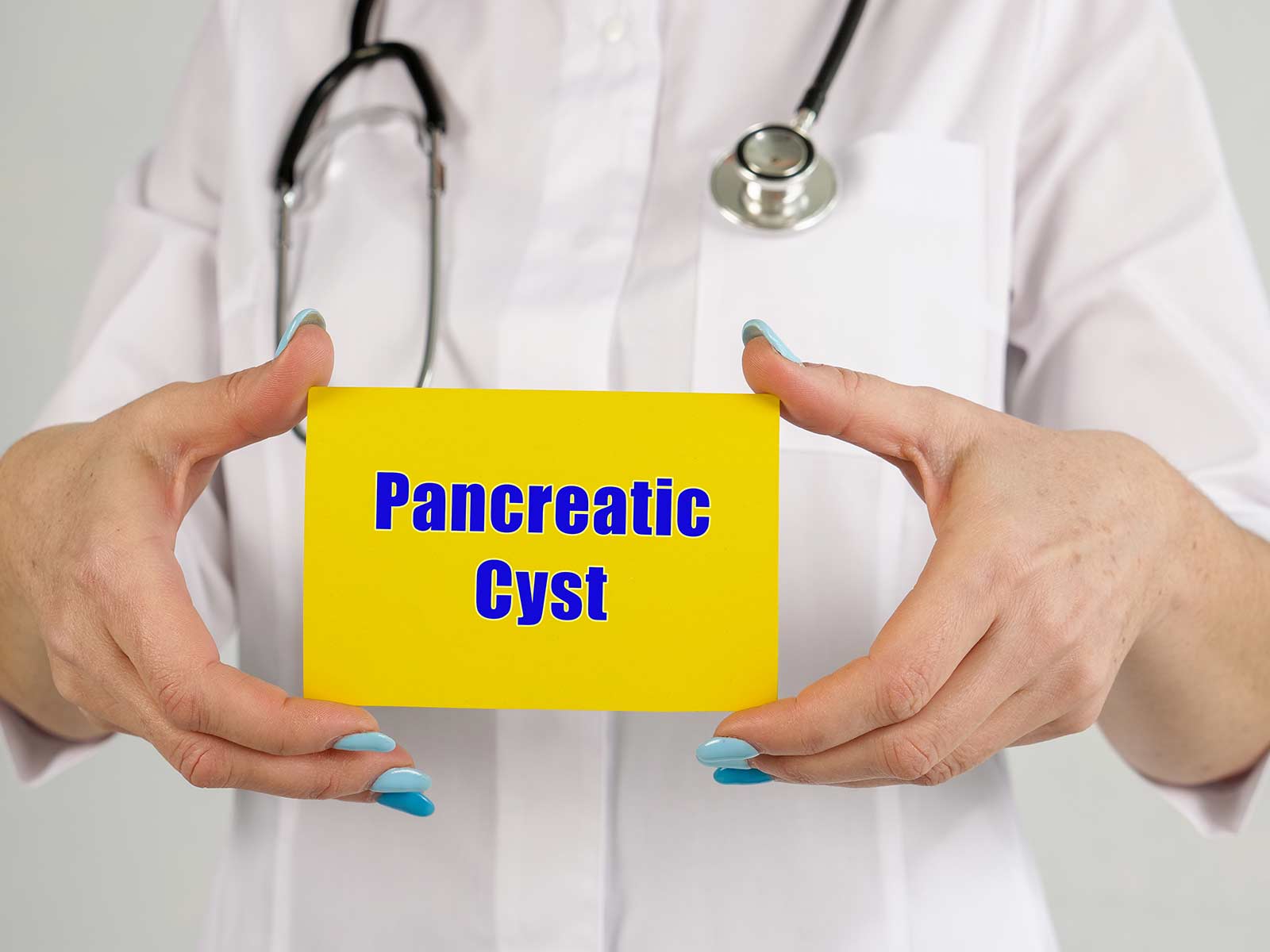
Pancreatic cancer starts in the pancreas, a gland located near the stomach that helps digest food and control blood sugar levels. This disease is often difficult to detect early, as symptoms may not appear until it has advanced.
Pancreatic cancer may not show signs in its early stages, but as it progresses, you may experience:
The exact cause of pancreatic cancer is not fully known, but several factors may increase your risk:
Please do not wait to manage your symptoms or difficulties—early intervention can make a meaningful difference in your life. At GastroDoxs in Houston, our board-certified specialists provide quick diagnostics, personalized treatment plans, and compassionate care at every stage. We are committed to your long-term success through advanced imaging, minimally invasive biopsies, and access to the latest clinical trials—ensuring you receive expert, comprehensive pancreatic cancer care.
We've successfully treated more than 755 patients, helping individuals improve their digestive health and overall well-being through expert, personalized care.
With over 20 years of experience, GastroDoxs has been a trusted provider of gastroenterology care, focusing on delivering the best outcomes for patients
It depends on how early the diagnosis is made. When pancreatic cancer is detected at an early stage, treatment outcomes and survival rates improve significantly, while late-stage diagnoses usually have a lower overall survival rate.
Yes. Although stage 4 pancreatic cancer cannot be cured, chemotherapy and targeted therapies can help reduce symptoms, slow disease progression, and improve quality of life.
In early stages, surgery—such as the Whipple procedure—can sometimes offer a cure. In advanced cases, treatment focuses on extending survival and maintaining comfort through various supportive measures.
Inherited gene mutations are found in about 10% of pancreatic cancer cases. Genetic testing and counseling can help identify risks for both the patient and their family members.
Pancreatic cancer often develops silently and spreads before symptoms appear. Because early detection is difficult, the disease is frequently diagnosed at advanced stages, leading to high mortality rates.
If you’re looking for experienced pancreatic cancer specialists in Houston, contact GastroDoxs. Our team will guide you through diagnosis, treatment options, and ongoing support.
The main risk factors include smoking, chronic pancreatitis, diabetes, obesity, and a family history of pancreatic cancer. Reducing modifiable risks can lower your chances of developing the disease.
Diagnosis often involves imaging tests such as CT scans, MRI, or endoscopic ultrasound, followed by a biopsy to confirm and stage the cancer.
Chemotherapy and radiation can cause fatigue, nausea, digestive changes, and blood sugar fluctuations, but these can be managed with supportive therapies and proper medical care.
Maintaining good nutrition, staying as active as possible, seeking emotional support, and managing symptoms early can all enhance comfort and quality of life during treatment.